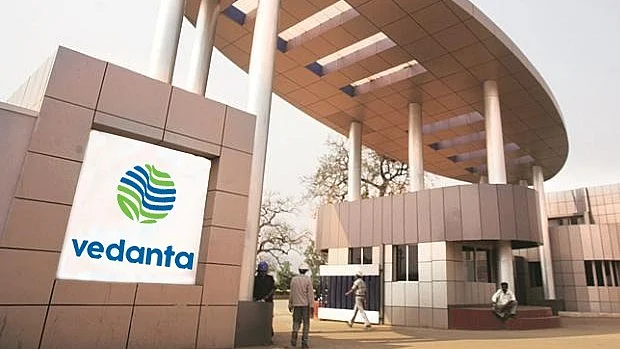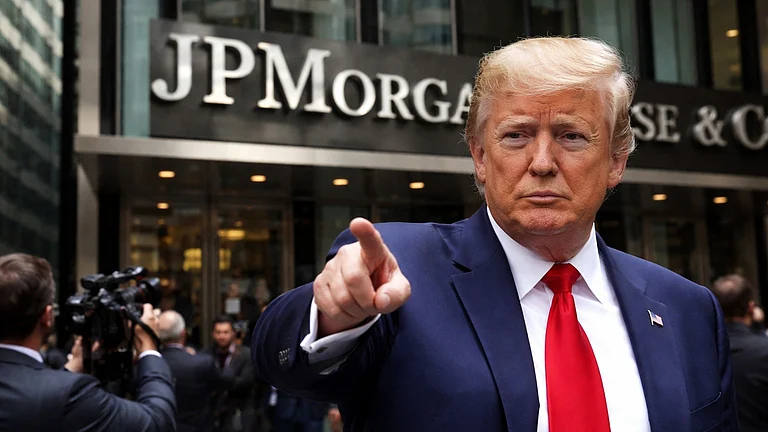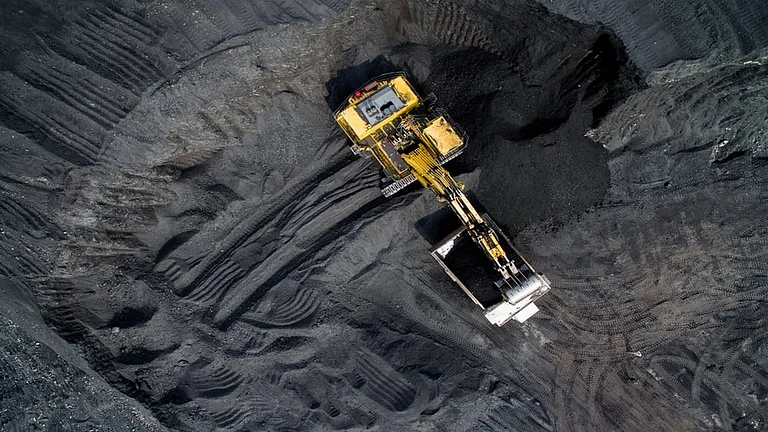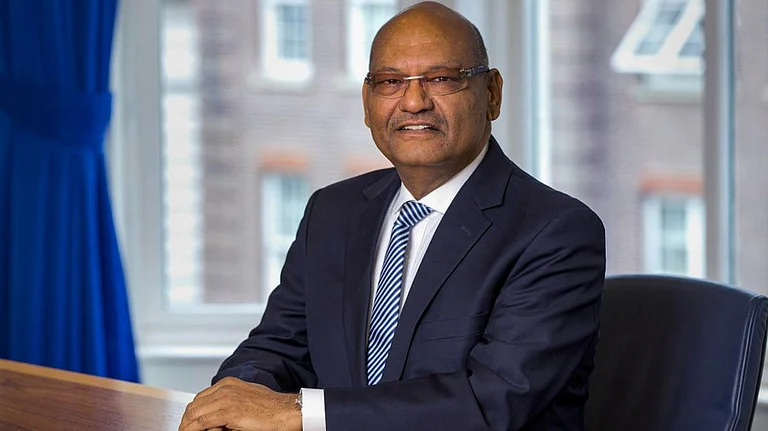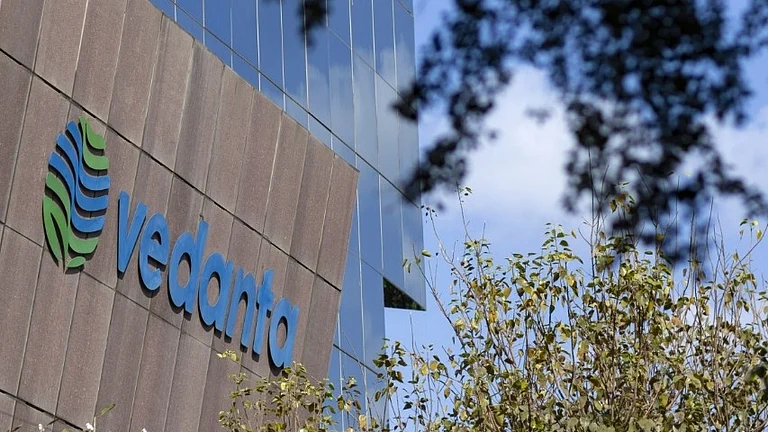Anil Agarwal's mining giant Vedanta Group has received backing from US brokerage JPMorgan after short-seller Viceroy Research alleged that the company is "financially unsustainable and operationally compromised."
On July 9, Viceroy Research said it was shorting the debt held by Vedanta’s parent company, calling the group structure an “under-appreciated risk to creditors.” The US-based short-seller, best known for predicting Germany's Wirecard scandal, raised serious concerns about the financial health of Vedanta Ltd (VEDL) and its parent company, Vedanta Resources Ltd (VRL). Its central allegation is that VRL is a "parasite" company — meaning it doesn’t have any major business of its own and instead survives by extracting money from VEDL, which is its only real source of income.
According to the report, VRL is heavily in debt and is "systematically draining" VEDL’s cash to repay its own loans. To keep up with these payments, VEDL is being forced to borrow more and dip into its own cash reserves, weakening its financial position. This cycle of borrowing and draining has "eroded the core value" of VEDL, which is the main asset backing VRL’s loans. In other words, VRL’s creditors are now at greater risk because the company they’re depending on for repayment — VEDL — is being financially hollowed out. On the day the report was released, Vedanta's BSE-listed shares dropped by nearly 8%. On Friday, they rose slightly by 0.83% to ₹442.60.
However, JPMorgan, in a note on July 10, said it remains "comfortable with VEDL’s financial position" and continues to have an "Overweight" rating on most of Vedanta’s bonds, including those maturing in 2028, 2029, 2030, and 2031. The brokerage remains "neutral" on the 2033 bond.
JPMorgan believes Vedanta’s core business is on solid ground. It notes that, excluding its zinc unit Hindustan Zinc Ltd (HZL), VEDL’s financials are healthy. Specifically, it highlights that VEDL (excluding HZL) reported earnings before interest, taxes, depreciation, and amortisation (EBITDA) of $3.1 billion in FY25 and maintains "net leverage of just 2.2 times," which suggests the company is not under significant financial stress.
HZL itself is even better off, with net leverage of only 0.1 times — expected to rise slightly to 0.5 times as it pursues new investments, the brokerage noted.
JPMorgan also said it sees Vedanta Resources Ltd (VEDLN) as an "undervalued opportunity" in the Asian and emerging market metals and mining sectors. It highlights Vedanta’s ability to consistently generate strong earnings — with an "EBITDA run-rate of around $5 billion" — as a key reason for its positive outlook.
Importantly, the note points out that Vedanta is "regaining access to funding," citing the recent raising of around $1 billion in bank loans by the parent company (VRL) in FY26. This is seen as a sign of improving investor confidence. JP Morgan also sees Vedanta’s bonds as offering "attractive yields of 8–10%," making them appealing for investors seeking high returns. Among the bonds, JP Morgan says it prefers the VEDLN 2029 and 2031 notes, which are currently offered at 102.3 and 103.4, yielding 10% and 10.2% respectively.
Point to note: the brokerage, in its disclaimer (like all its equity research reports), notes potential conflicts of interest due to its business relationships with the companies it covers, advising investors to treat the report as just one of several inputs in their decision-making process.
What Viceroy Alleged Against Vedanta
Viceroy Research's report claimed that Vedanta Limited uses a “bait and switch” funding model by announcing large, unaffordable projects to raise fresh capital, which is then diverted to repay parent company debts. It also flagged unusually high interest expenses, inflated asset values in underperforming subsidiaries, and accounting practices that disguise regular expenses as capital investments — labelling it “CAPEX fraud.”
Additionally, Viceroy alleges that billions of dollars in liabilities are kept off the balance sheet and criticises weak corporate governance, including questionable auditor appointments. The group’s proposed demerger is seen by the short-seller as a cosmetic fix that ignores the core cash crunch and risks burdening the newly split entities with unsustainable debt from day one. Vedanta has denied the allegations, calling the report "a malicious combination of selective misinformation and baseless allegations."
Governance, Oversight, and Tax Issues
JPMorgan’s report notes that despite Hindustan Zinc’s privatisation years ago, the government still "retains oversight" by holding three board seats. JPMorgan adds that in the past, government-nominated directors have "intervened to block transactions" they viewed as not being in the best interest of the company or its shareholders. This oversight, the firm argues, adds a layer of stability and governance to HZL’s operations.
As for ongoing tax disputes, JPMorgan says there's "nothing unusual" here. HZL is currently facing claims of around ₹15,150 crore that are under litigation. However, JPMorgan points out that other companies in the mining sector — like JSW Steel — have reported similar claims and do not recognise them as liabilities in their balance sheets. The firm explains that "such litigation is common in tightly regulated industries like mining" and does not see it as an immediate threat.
Point to note: JPMorgan note outlines factors such as a sharp drop in commodity prices, large acquisitions or capital spending, limited access to domestic bank funding leading to higher borrowing costs, and possible regulatory scrutiny as downside risks for Vedanta.







